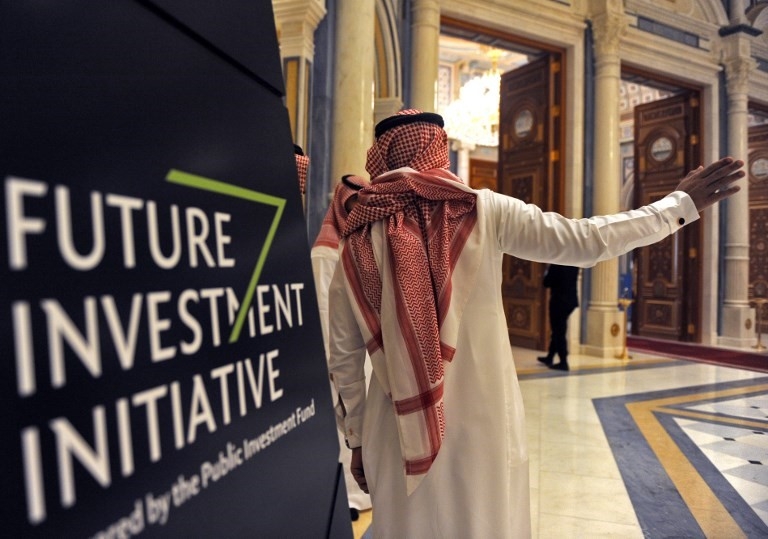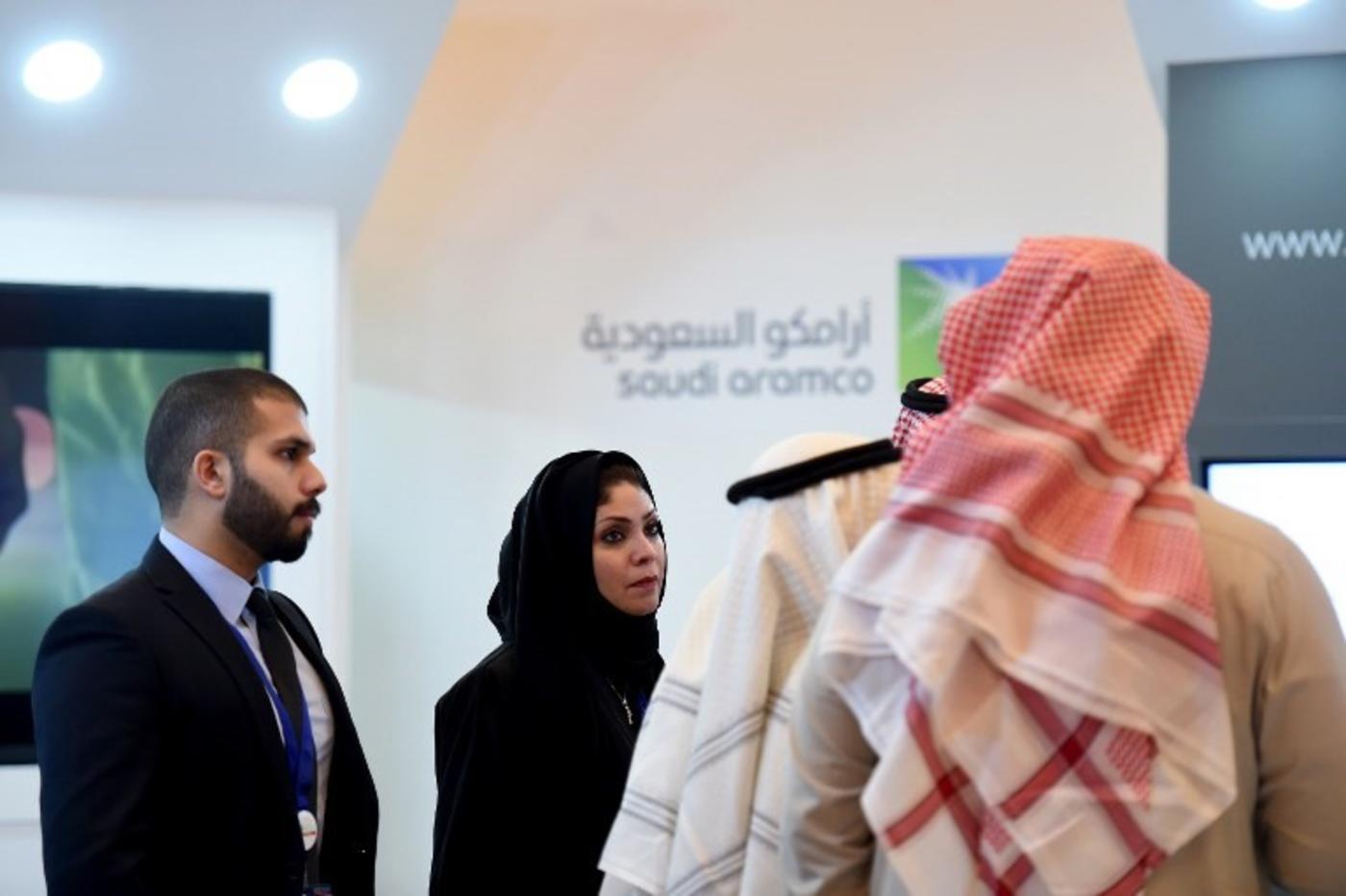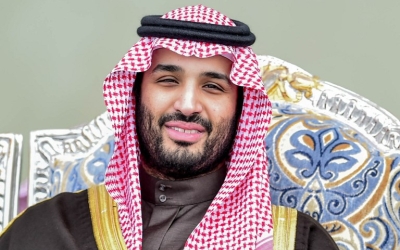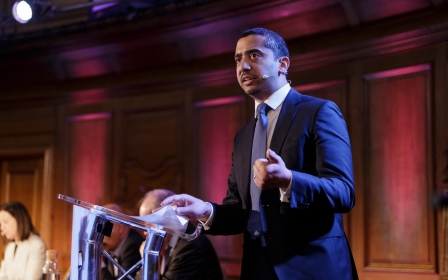'Passive resistance': Why Saudi bureaucrats are holding up MBS's reforms

A recent WSJ article, which cites "passive resistance" from Saudi bureaucrats blocking the crown prince's reform plans, provides a thorough and insightful analysis of the recent machinations of the Saudi political economy, its aspirations, trade-offs and reality-checks.
Yet, it also sheds light on the sometimes turbulent relationship between the crown prince, Mohammed bin Salman (MBS), and the civil servants.
The new economy
Time and again, civil servants appear determined to thwart the realisation of MBS’s plans to execute his vision of transforming the kingdom’s wealthy - yet parochial and oil-dependent - economy into a globalised, diversified and thoroughly modern one.
By monetising a small minority of its economic crown-jewels, courtesy of the global capital markets, the economic surplus might be re-invested in supremely modernist projects like solar energy, Uber and the like. What could be wrong with that?
New MEE newsletter: Jerusalem Dispatch
Sign up to get the latest insights and analysis on Israel-Palestine, alongside Turkey Unpacked and other MEE newsletters
It's an almost text book economic transformation drawn from the play-book of the IMF and strategy consultants with all the credentials of the "new economy". Yet the bureaucrats of the kingdom have, we are told, dragged their feet, pushed back and even laughed out loud at this programme. Are they merely luddites who "don’t get it" or are there other reasons that explain their reticence?
A less cynical interpretation is that Saudi civil servants are simply seeking to do the right thing for their country by protecting their core national asset rather than mortgaging it for unproven and highly speculative adventures
It feels like we have heard all this before. The UK has seen accusations of civil servant revolt against socialist and free-market revolutions alike, in the post-war period and under Margaret Thatcher. More recently, US President Donald Trump added the "deep-state" to "fake-news" as a force resisting the implementation of his campaign promises.
But two more enduring images come to mind in the form of Nigel Hawthorne’s Sir Humphrey Appleby in Yes Minister and Rowan Atkinson’s servant of the Prince Regent in Blackadder the Third.
In the first, Sir Humphrey used his full range of obfuscation to thwart the agenda of his minister and then prime minister, mostly because he thought he knew better than the ignorant politician, but also because he felt it his duty to protect the civil service from the temporary inconvenience of political masters.
In the second, Blackadder, the servant of the Prince Regent, sought to use his wit to take advantage of his vain but stupid master.
Protecting the state
Resisting the temptation to compare MBS with either an inept politician or a vain prince, we might ask whether the Saudi officials are protecting the state, simply serving their own interests or both?
One of the most striking aspects of the WSJ piece is the wide range of valuations provided for Aramco. With a starting point of $2 trillion, a figure that appears to have been derived more from the $100bn that a five percent offering would yield, all the way down a mere $666m, the bottom end of subsequent official estimates.
While economists and financiers often differ on their valuations of companies, this is normally driven by differing multiples especially for high-tech businesses with extraordinary future prospects for growth and margin. It is much less common for "old" industries such as energy, unless there are widely differing views about reserves, which is not the case for the well-researched Saudi oil fields.
So why a threefold difference in valuation? The article hints at one possibility - a price-hike for historically subsidised domestic consumption - but that is in the context of bringing the lower estimate up towards the original estimate, and is dismissed as politically unacceptable.
More likely is the blurred boundary between corporate, state and princely ownership of the assets. How much of the earnings of Aramco would actually be attributable to the corporate entity offered in an IPO? In this case, the question of valuation, essential to an IPO, would pose political as well as economic questions for the kingdom.
No transparency
Related to this is the issue of transparency. The WSJ piece highlights the debate between a New York or London listing, with the former seen as higher-risk for shareholder litigation and the latter as reassuringly opaque.
Apart from valuation, what has Aramco, the kingdom and its civil servants got to hide? For a country notorious for corruption and scoring 49 out of 100 on Transparency International’s Corruption Index (with 100 being good), the prospect of transparency is far from appealing for civil servants and princes alike.
So, recalcitrant civil servants might be protecting not only their masters but also themselves.
A less cynical interpretation is that Saudi civil servants are simply seeking to do the right thing for their country by protecting their core national asset rather than mortgaging it for unproven and highly speculative adventures. In other words, Sir Humphrey on a good day.
The crown prince’s vision may be the work of wishful thinking but the implementation once again proves to be illusive. Civil servants prove to be more down to earth, putting breaks on the megalomania of their master.
The latter has all the powers to sack those who resist or obstruct his plans and replace them with a new team who will always consent to his visions.
It remains to be seen how the Saudi economy can be transformed with no accountability, rule of law, and transparency.
It is all well to dream of a neoliberal transformation but such a project needs the most important foundation of a functioning economy, namely full disclosure, political stability and visibility of earnings.
The views expressed in this article belong to the author and do not necessarily reflect the editorial policy of Middle East Eye.
This article is available in French on Middle East Eye French edition.
Middle East Eye delivers independent and unrivalled coverage and analysis of the Middle East, North Africa and beyond. To learn more about republishing this content and the associated fees, please fill out this form. More about MEE can be found here.







